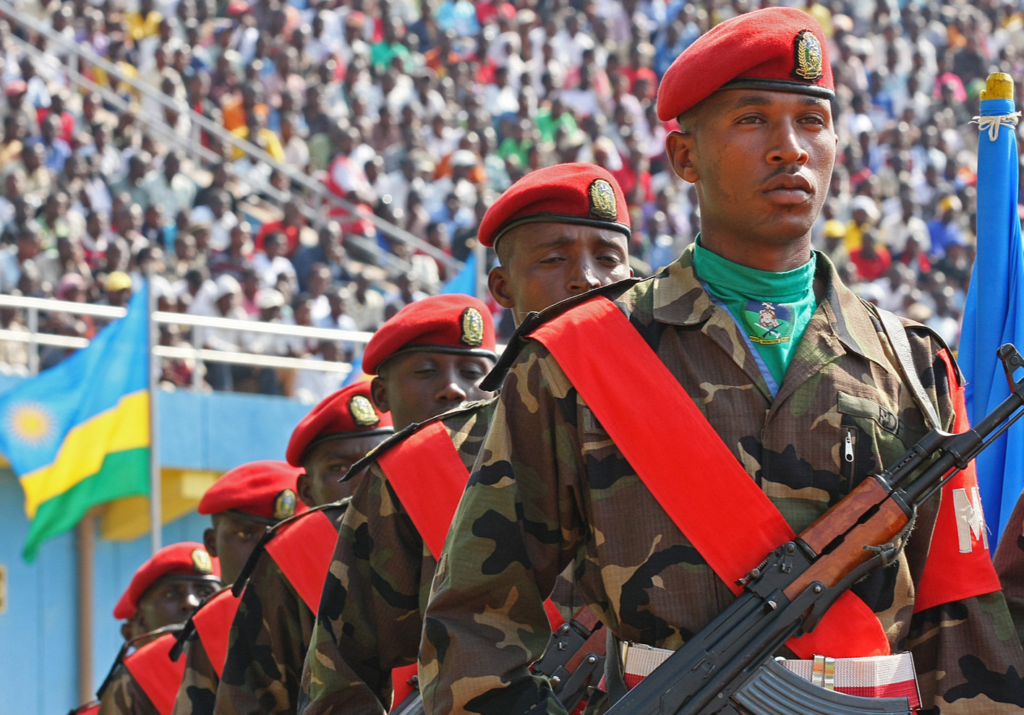The Rwandan genocide was a mass slaughter of Tutsi in this tiny landlocked African country during the Rwandan Civil War. The killing was overseen by members of the Hutu majority government during a 100-day period that lasted from April 7th to July 4th 1994.
It is estimated that up to 1,000,000 Rwandans were killed, constituting an estimated 70% of the Tutsi population. Additionally, 30% of the Pygmy Batwa were killed.
The genocide ended after the Tutsi-backed and heavily armed Rwandan Patriotic Front, led by Paul Kagame, took control of the capital and the country on July 4th 1994.
Liberation Day marks the end of the annual national mourning period that began on April 7th.
Liberation Day takes place a week after Independence Day, which commemorates independence from Belgium on July 1st 1962.
As Independence Day always falls during the national mourning period, Liberation Day is seen as a more appropriate day for celebration.
Today, Rwanda is one of the most prosperous countries in Africa, and Paul Kagame is still in power.
